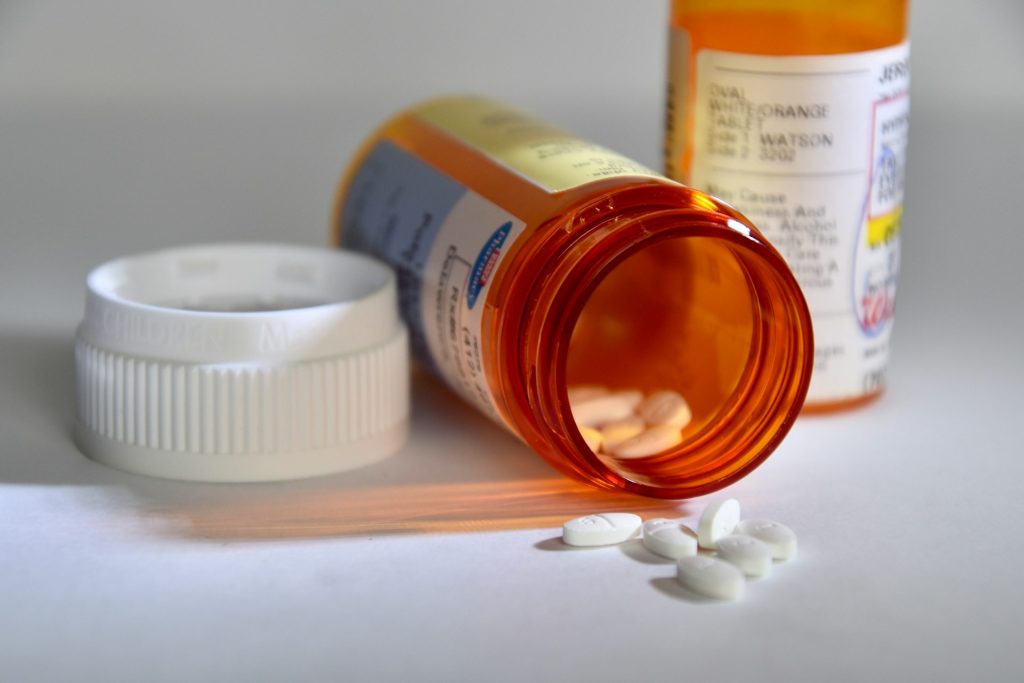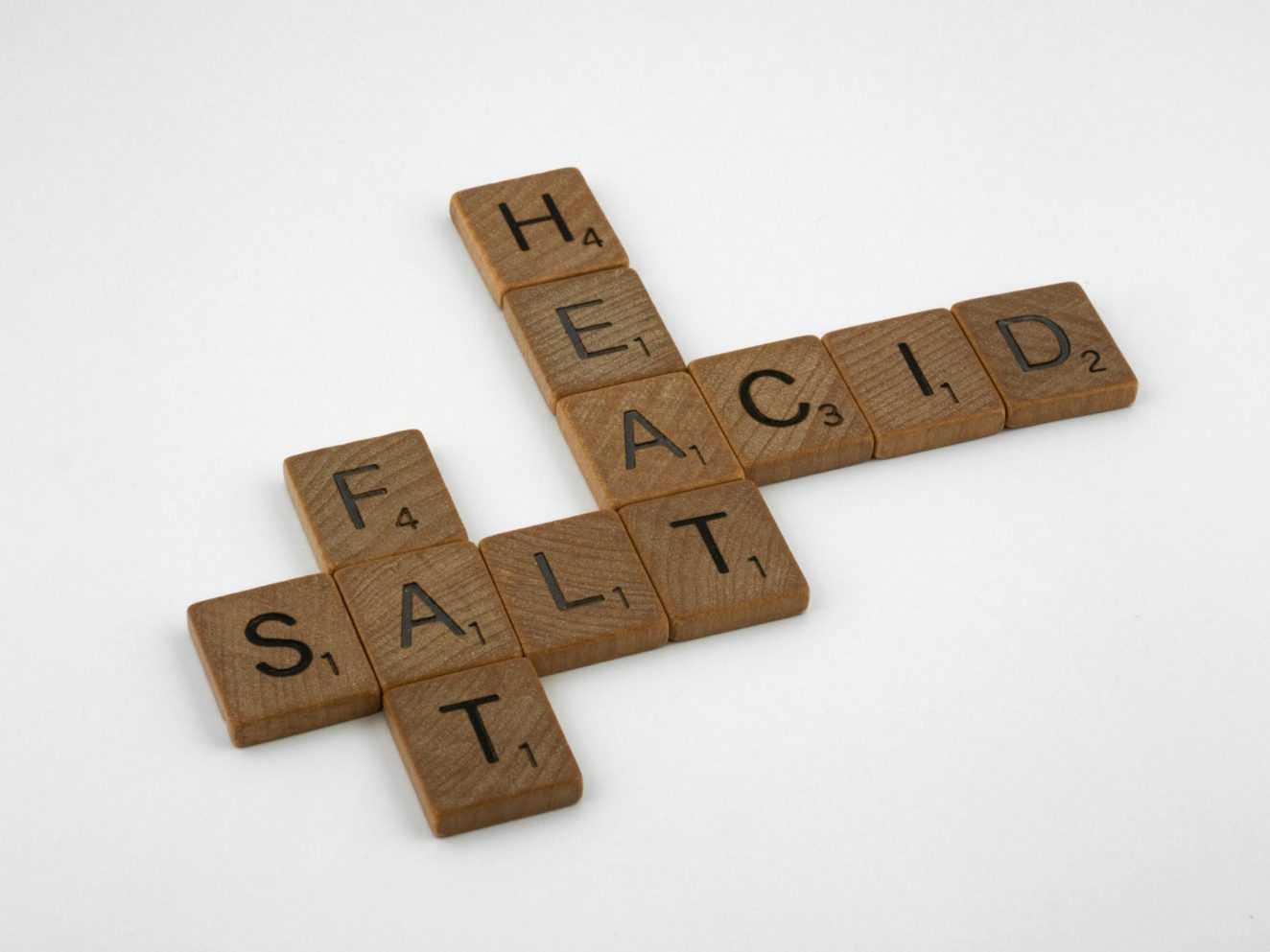That persistent sore throat and hoarseness might not be the work of a stubborn virus; it could be the result of an unwilling muscle – your lower esophageal sphincter. Responsible for regulating the passage between the esophagus and stomach, when this valve doesn’t close entirely, stomach acid and food make an unwelcome return into the esophagus. This process is known as gastroesophageal reflux, with the backward flow of acid termed acid reflux. Persistent symptoms evolve into gastroesophageal reflux disorder, or GERD, causing heartburn, regurgitation, chest pain, nausea, and more. While severe cases might require medical intervention, numerous individuals can find relief through self-care and lifestyle adjustments.

1. Eat Sparingly and Slowly
Opt for smaller, more frequent meals rather than indulging in three large meals daily. A stomach at full capacity is more prone to reflux into the esophagus.
2. Avoid Certain Foods
While bland diets are no longer mandatory, specific foods can trigger reflux. Consider eliminating or moderating the intake of mint, fatty foods, spicy dishes, tomatoes, onions, garlic, coffee, tea, chocolate, and alcohol.
3. Don’t Drink Carbonated Beverages
Carbonated drinks induce burping, propelling acid into the esophagus. Opt for flat water over sparkling alternatives.
4. Stay Upright After Eating
Gravity aids in keeping acid in the stomach when you’re upright. Avoid lying down or napping immediately after meals. Finish eating at least three hours before bedtime.
5. Don’t Move Too Fast
Vigorous exercise, especially bending over, can trigger acid reflux. Opt for a gentle stroll after dinner instead.

6. Sleep on an Incline
Raise your head six to eight inches higher than your feet during sleep. Utilize bed risers or a foam wedge for support. Avoid makeshift inclines with stacked pillows, as they lack uniform support.
7. Lose Weight if Advised
Excess weight can disrupt the muscular structure supporting the lower esophageal sphincter, increasing the risk of reflux and heartburn.
8. Quit Smoking
Nicotine can relax the lower esophageal sphincter, contributing to reflux symptoms.
9. Review Your Medications
Certain medications, such as postmenopausal estrogen, tricyclic antidepressants, and anti-inflammatory painkillers, can relax the sphincter. Others, like bisphosphonates taken for bone density, may irritate the esophagus.

Navigating Relief Through Lifestyle Adjustments
Before turning to medication, consider incorporating these lifestyle changes to alleviate acid reflux symptoms. By making mindful choices in your diet, daily routine, and overall health, you can significantly reduce the discomfort associated with GERD. If symptoms persist, consulting a healthcare professional is advisable for a personalized approach to managing acid reflux.





